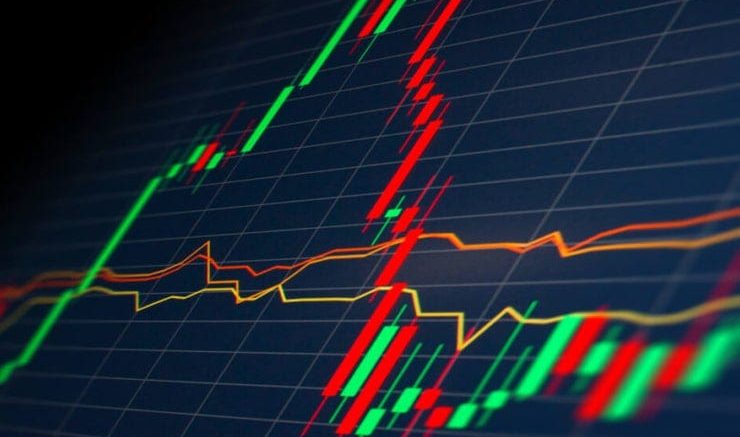By Rohan Arun
Markets experienced horror more than a month ago on April 2 when President Donald Trump announced reciprocal tariffs on nearly every country around the globe.
In a span of 2 days upon announcing the tariffs, the Dow Jones Industrial Average dropped over 4,000 points, or roughly 10%, and saw its most rapid crash since the March 2020 lockdown.
President Trump stated that these tariffs are meant to lower the US trade deficit, but the process President Trump has taken has been highly controversial, and resulted in a 6.6 Trillion Dollar loss over two days in terms of stocks.
The Trump Administration has not revealed many details regarding the tariffs, and over the next week from Trump’s “Liberation Day”, the market was extremely volatile.
Tariffs are “taxes” on every imported good that comes into a country and generally increase the price of that good in the destination – in this case the US. This then leads to inflation, as the price of goods increases.
Supporters of tariffs say this increases domestic production which offsets any losses as the country will be less reliant on foreign imports. On the other hand, opponents say it is just a flawed economic strategy which leads to inflation and reduced economic outlook.
According to the University of Pennsylvania, tariffs are shown to lower GDP growth, and lower international interest in US Bonds, all realities seen on April 2nd.
Tariffs also are shown to lower economic growth in countries where labor is not cheap, like the US. This is why the International Monetary Fund (IMF) lowered their economic outlook for the US by nearly 0.7%.
Tariffs can both hurt and help an economy depending on the individual country, Academy of Finance teacher Karen Kurtz said, encouraging one’s economy to be less reliant on foreign production and incentivizing domestic job growth.
“Before income taxes the government received most of their revenue from tariffs so during that time in history they had a positive impact,” Kurtz said.
However, she also noted the potential tariffs for aggravating inflation. “Items being imported [under tariffs] will cost the consumer more to buy and it could cause a trade war with other countries, sparking them to raise tariffs on our exports,” Kurtz said.
This month has been historically volatile, in terms of stocks, bonds and other financial institutions. We will have to wait and see what next the Trump Administration has coming.

